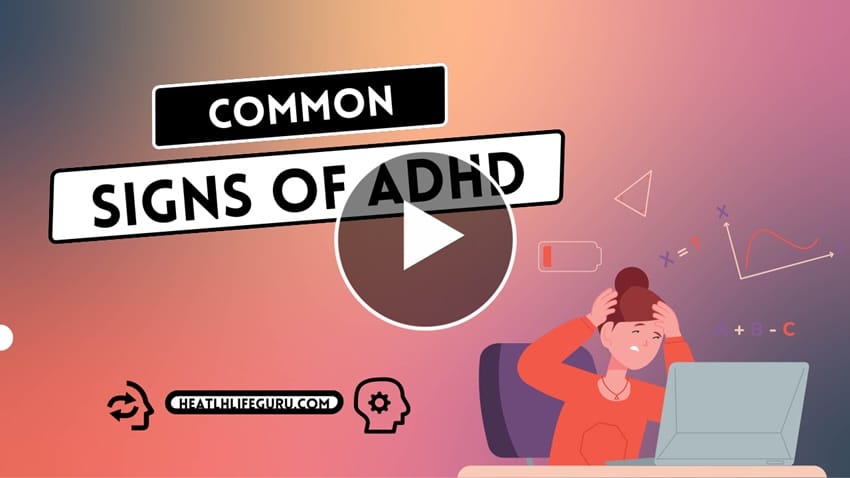Oprah Winfrey’s new TV special, “An Oprah Special: Shame, Blame, and the Weight Loss Revolution,” offers a groundbreaking look at the obesity epidemic facing the United States today. By sharing her personal struggles and insights into the use of anti-obesity medications, Oprah seeks to change how society views obesity management. The special not only delves into the medical aspects of obesity but also addresses the societal stigma and shame often associated with the condition. Through her journey, Oprah Winfrey becomes a beacon of hope and a catalyst for change in the ongoing battle against obesity.

Contents
Oprah’s Personal Journey with Weight
Oprah Winfrey has been open about her battle with weight for decades, marking her as an influential figure in the public eye who confronts her personal health challenges head-on. Her journey is characterized by various diets and weight loss strategies, some of which have led to temporary success but were often followed by regain, reflecting the struggle many face. In her special, Oprah shared how this cycle of weight loss and gain was not just a physical battle but an emotional one, deeply intertwined with feelings of shame and self-blame.
This narrative took a significant turn when Oprah introduced the concept of obesity as a disease and not merely a lack of self-discipline. By accepting and promoting the use of weight-loss medication as part of her strategy, she opened a new chapter in her health journey. This decision underscored a broader acceptance of obesity as a complex medical condition that can require medication alongside lifestyle changes, challenging the traditional perceptions of weight management.
The Stigma Surrounding Obesity
The stigma surrounding obesity is pervasive, affecting individuals’ mental and physical health. Oprah’s special shines a light on how societal perceptions often simplify obesity to a matter of willpower, ignoring the complex interplay of genetic, environmental, and psychological factors. She bravely shares her experiences of shame and the internalization of societal judgments, illustrating the profound impact they have on individuals struggling with obesity.
By confronting these stereotypes head-on, Oprah’s special advocates for a shift in dialogue from blame to understanding. It emphasizes the importance of empathy and knowledge, advocating for a community approach to support individuals. This change in narrative is crucial for dismantling the barriers to effective obesity management, enabling a more inclusive and supportive environment for those seeking help.
Understanding Obesity as a Disease
The classification of obesity as a disease is a relatively recent development in the medical community, aiming to frame it as a condition requiring comprehensive treatment and management. Oprah’s special underscores this perspective, highlighting the biological and neurological factors contributing to obesity. It presents obesity not as a simple outcome of lifestyle choices but as a complex condition influenced by various factors beyond an individual’s direct control.
This understanding is vital for both individuals struggling with obesity and society at large. It fosters a more compassionate and practical approach to weight management, recognizing the need for medical intervention in many cases. By framing obesity as a disease, the special moves the conversation towards seeking solutions that address the root causes rather than merely treating the symptoms.
The Role of Anti-Obesity Medications
The discussion of anti-obesity medications in Oprah’s special, specifically Wegovy and Zepbound, brings attention to the advancements in medical treatments for obesity. These medications are presented as tools that can significantly aid in weight management by addressing physiological aspects of hunger and satiety. Oprah’s personal endorsement and explanation of her experience with these medications illuminate their potential as part of a broader treatment strategy.
However, the special also addresses the complexities surrounding these medications, including potential side effects and the challenges related to accessibility and affordability. This balanced view encourages viewers to consider both the benefits and the limitations of medication as part of obesity treatment. It points towards a future where medical treatment for obesity is more personalized and accessible, offering hope for those who have struggled with traditional weight loss methods.
Challenges and Considerations in Obesity Management
Obesity management presents a range of challenges, from the high costs of medications to the lack of comprehensive insurance coverage. These obstacles can significantly hinder access to effective treatment options. The special highlights the economic barriers many face when seeking medical interventions for obesity, underscoring the need for systemic changes to improve accessibility and affordability of care.
Moreover, the importance of a holistic approach to obesity management is emphasized. It’s not just about medication; lifestyle changes, psychological support, and nutritional counseling are critical components of a successful obesity treatment plan. This approach recognizes obesity as a multifaceted disease requiring a multifaceted solution, advocating for comprehensive strategies that address all aspects of an individual’s health.
The Bottom Line
“An Oprah Special: Shame, Blame, and the Weight Loss Revolution” serves as a powerful catalyst for change in the perception and management of obesity. By sharing her personal journey and exploring the complexities of the condition, Oprah Winfrey encourages a shift towards empathy, understanding, and medical innovation in obesity care. This special not only highlights the challenges faced by those struggling with obesity but also offers hope and guidance towards a more inclusive and effective approach to weight management.


